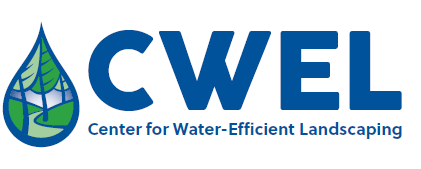Summer percent green cover among Kentucky bluegrass (Poa pratensis L.) cultivars, accessions, and other Poa species managed under deficit irrigation.
Document Type
Article
Journal/Book Title/Conference
Crop Science
Volume
52
Issue
1
Publisher
Crop Science of America
Publication Date
2012
First Page
400
Last Page
407
Abstract
Kentucky bluegrass (Poa pratensis L.) is a widely used, high-quality, sod-producing turfgrass. To maintain an acceptable level of quality and function requires irrigation in the semiarid regions of the western United States. Landscape water use, however, is coming under increased scrutiny, and reducing water inputs is a goal of many municipalities. To identify Poa germplasm that maintains green color under deficit irrigation over summer seasons, this study was designed to evaluate the percent of green cover of 24 Kentucky bluegrass cultivars, accessions (including core collections), and other Poa species. Cultivars generally had a higher percent green cover in spring and fall, while several accessions and old U.S. cultivars showed higher green cover during summer months. Other Poa species did not have percent green cover values above any cultivars and as a group consistently performed the lowest. Core collections of Kentucky bluegrass, aimed at representing overall variability of the species with fewer accessions, had variance estimates equal to or higher than the overall group of accessions. Seven cultivars and accessions consistently had higher percent green cover than the Midnight cultivar check during the August data collection dates, highlighting the potential to improve Kentucky bluegrass green cover over summer seasons under deficit irrigation.
Recommended Citation
Bushman, B. Shaun; Waldron, Blair L.; Robins, Joseph G.; Bhattarai, Kishor; and Johnson, Paul G., "Summer percent green cover among Kentucky bluegrass (Poa pratensis L.) cultivars, accessions, and other Poa species managed under deficit irrigation." (2012). CWEL Publications. Paper 3.
https://digitalcommons.usu.edu/cwel_pubs/3


